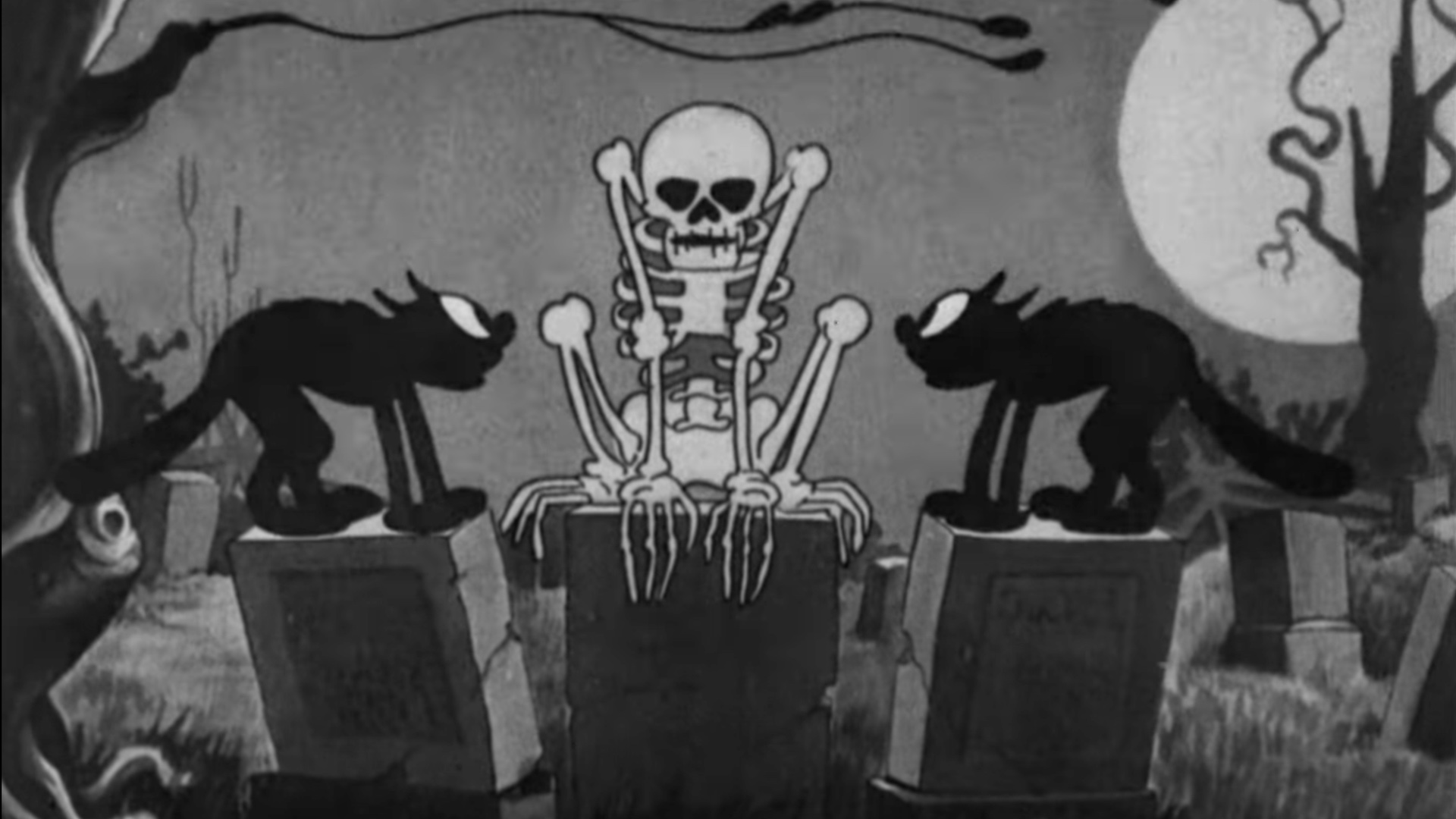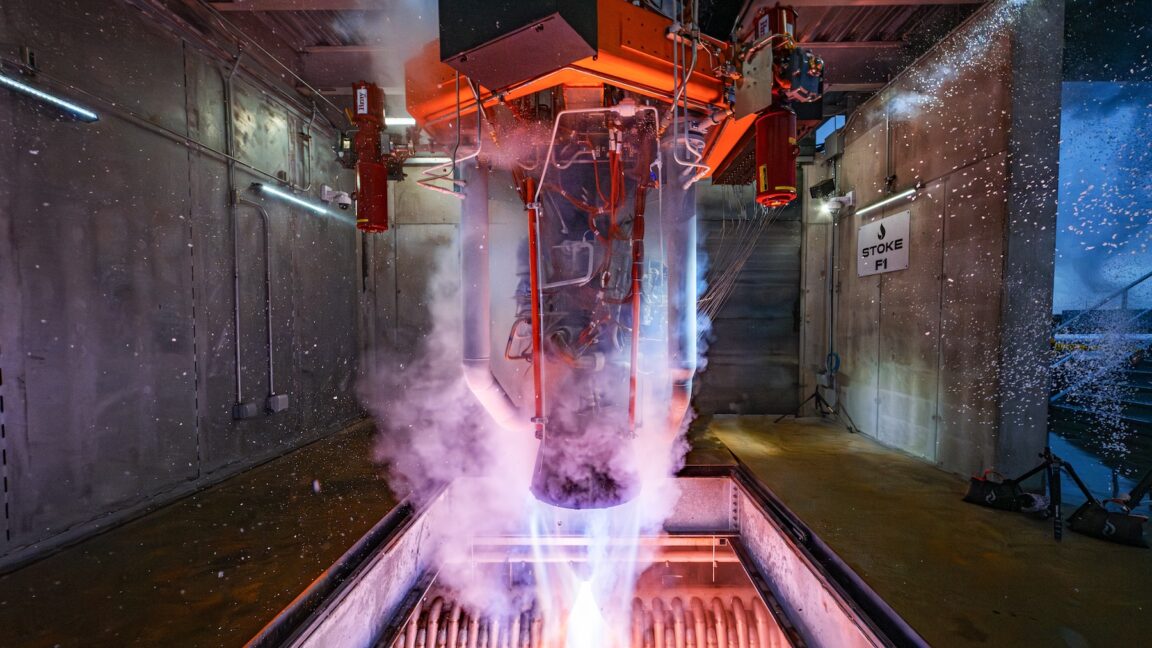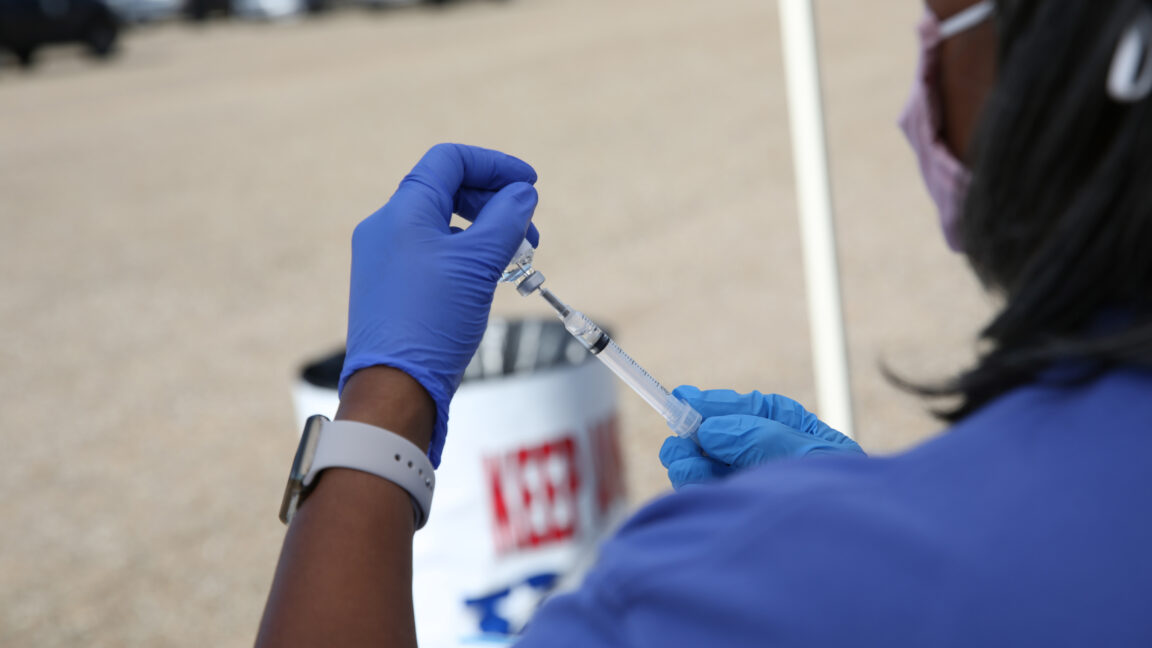Staying Up Late Linked to DepressionâResearchers Reveal Why

A new study has explained the correlation between regularly staying up late and having a higher risk of depression.
Researchers from the University of Surrey, England, revealed that mindfulness, sleep quality and alcohol consumption may link being a night owl with a greater risk of depression among young people.
Those who regularly stay up late are refered to by scientists as evening chronotypes, while early risers are referred to as morning chronotypes.
While previous data has shown a link between evening chronotypes and depression, paper author and psychologist Simon Evans said that the new study goes even further by explaining why.
"Our research revealed that the relationship could be explained by night owls reporting lower levels of day-to-day mindfulness, as well as generally lower sleep quality and higher alcohol consumption," he told Newsweek.










